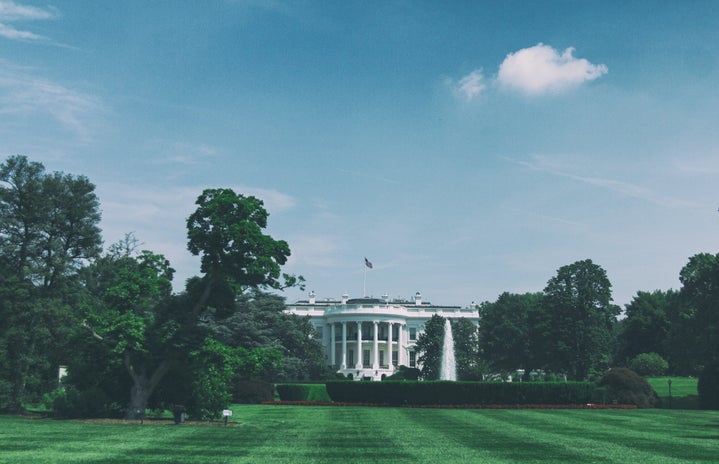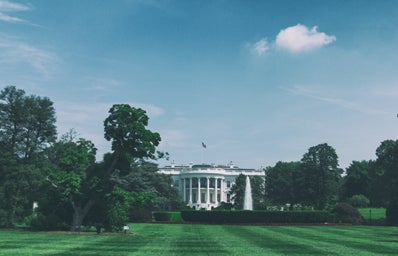It’s been several weeks since the 2020 Presidential Election, a stress-inducing event for many, myself included. However, even amid uncertainty, I found moments to marvel at Stacey Abrams, Helen Butler, Deborah Scott, and countless other powerful Black women that helped transform Georgia, a state that hadn’t voted for a Democrat since 1992. I was joyful to see all of the new BIPOC and LGBT+ people take state and congressional offices. My heart swelled for all of the youth and grassroots organizations that have been on the ground these past four years registering voters and fighting for change. Political beliefs aside, I was excited for all the young Black and Indian girls who can finally see themselves represented in Kamala Harris as she holds the second-highest position in the country. In the end, I sighed with relief knowing that Trump was going to be removed from office.
When we look at who really kicked Trump out of office, we must look to predominantly Black cities like Detroit, Atlanta, Milwaukee, and Philadelphia, where Black communities voted in record-high numbers. We must look to youth voters, especially our Asian, Latinx, and Black voters who favored Biden. We must look at BIPOC, immigrants, and disabled communities, who have been hurt the most by the Trump administration. Finally, we must look at the 73,432,865 people that voted for Trump.
While I sighed with relief, I also knew the damage that has been done to this country is far from being healed. In fact, the road to healing became that much more treacherous. The problems that the Trump administration left are not ones that magically disappear on January 21st, 2021. While Trump acted as an accelerant and exacerbated the racism, misogyny, xenophobia, and homophobia in America, these problems were prevalent before he was in office. The Republican politicians that proudly enabled Trump and his deplorable acts don’t disappear. We can’t magically pretend that the loud and proud 73,432,865 people who had no problem with Trump’s disregard for disenfranchised communities are suddenly invisible.
Yet, even with all that lies ahead, the biggest hump to get over will be complacency. The truth is that many will think their participation in our democracy ended on November 7th when it was declared Joe Biden as President-elect. People will believe their tiring work is over, that Biden will take care of everything. For many, the Instagram posts, the tough family conversations, and the vote itself will be the height of their engagement. But complacency is not a luxury that marginalized communities can partake in.
If Black voters, who already face the battle of voter suppression, and other disenfranchised communities had been complacent, we would’ve been subjected to living a second term under Trump’s rule. However, marginalized communities can’t keep saving our nation. We can’t continuously fight for our existence and rights while simultaneously working to keep this country afloat. America cannot keep sweeping our oppression under the rug, using complacency as the broom.
So to those who are thinking about sitting back down, voting cannot be the pinnacle of your political participation for the next four years. If you choose to stop engaging in the ongoing national conversations that are happening and tune out the demands made by the most oppressed people in the country, you have chosen your privilege over the lives that saved America from itself.
Because even with such a large voting turnout, Black lives still have to prove that they matter, Indigenous communities still suffer disproportionately on the land they founded, reproductive rights are still being tossed around in the hands of male politicians, and Black and brown trans women are still being murdered in the streets at record high numbers.
In terms of political and social engagement, voting is one of the many tools we have at our disposal. There are still protests in the streets, there are still mutual aid funds that have yet to meet their goals, and there is still so much unlearning that can be done. If you stop the work you were doing, you were running a campaign and not a participant in this continual movement. Resistance is not a one-lane path, the goal is to find which path suits you and occupy it.
So if you sit down today, make sure to have a plan to get back up tomorrow.



